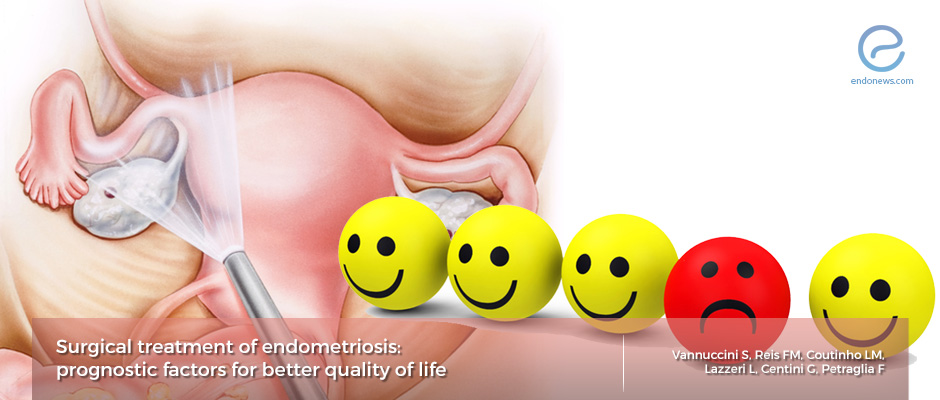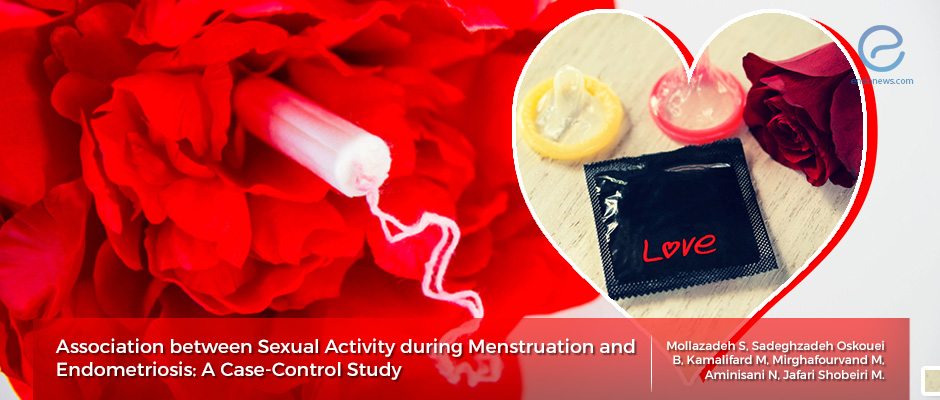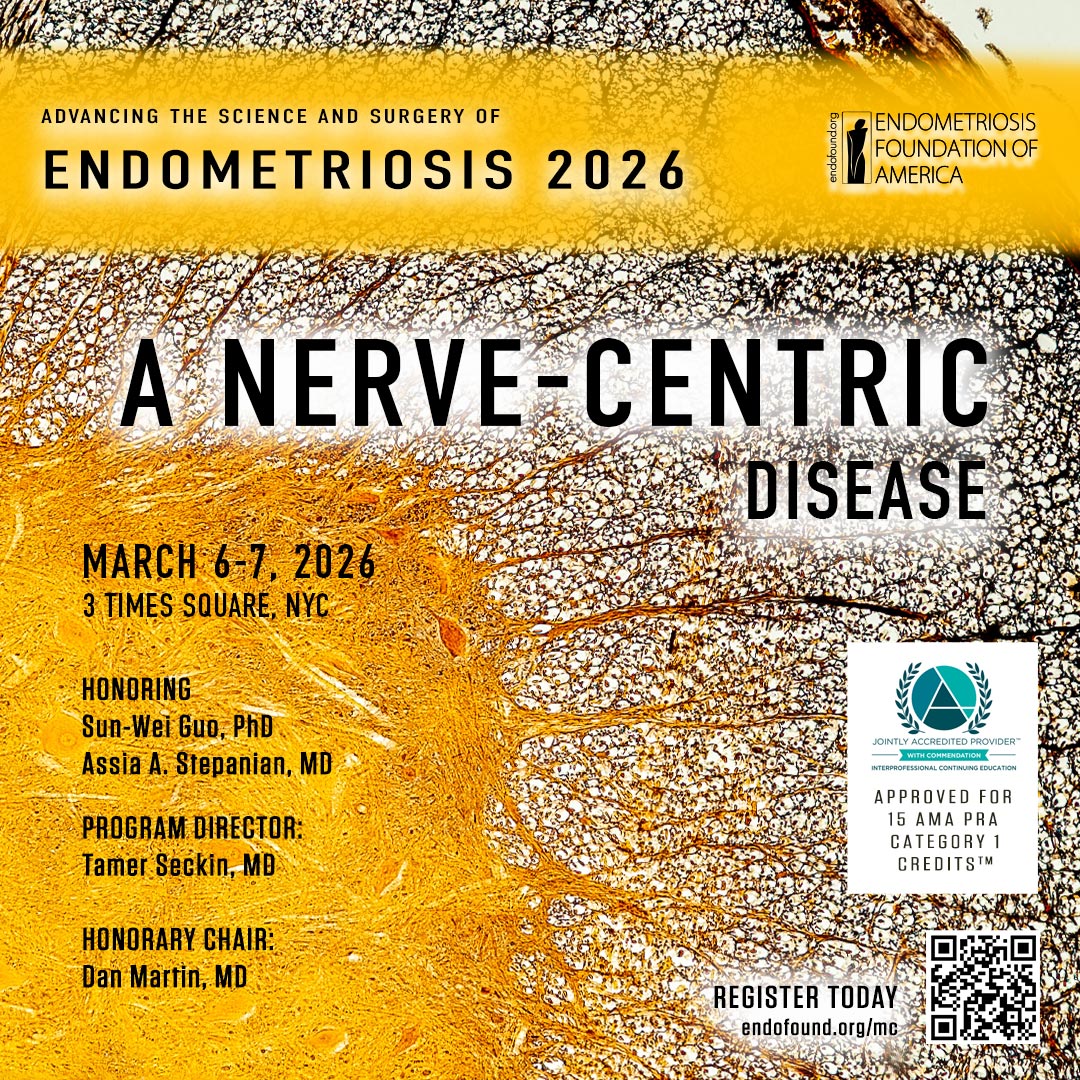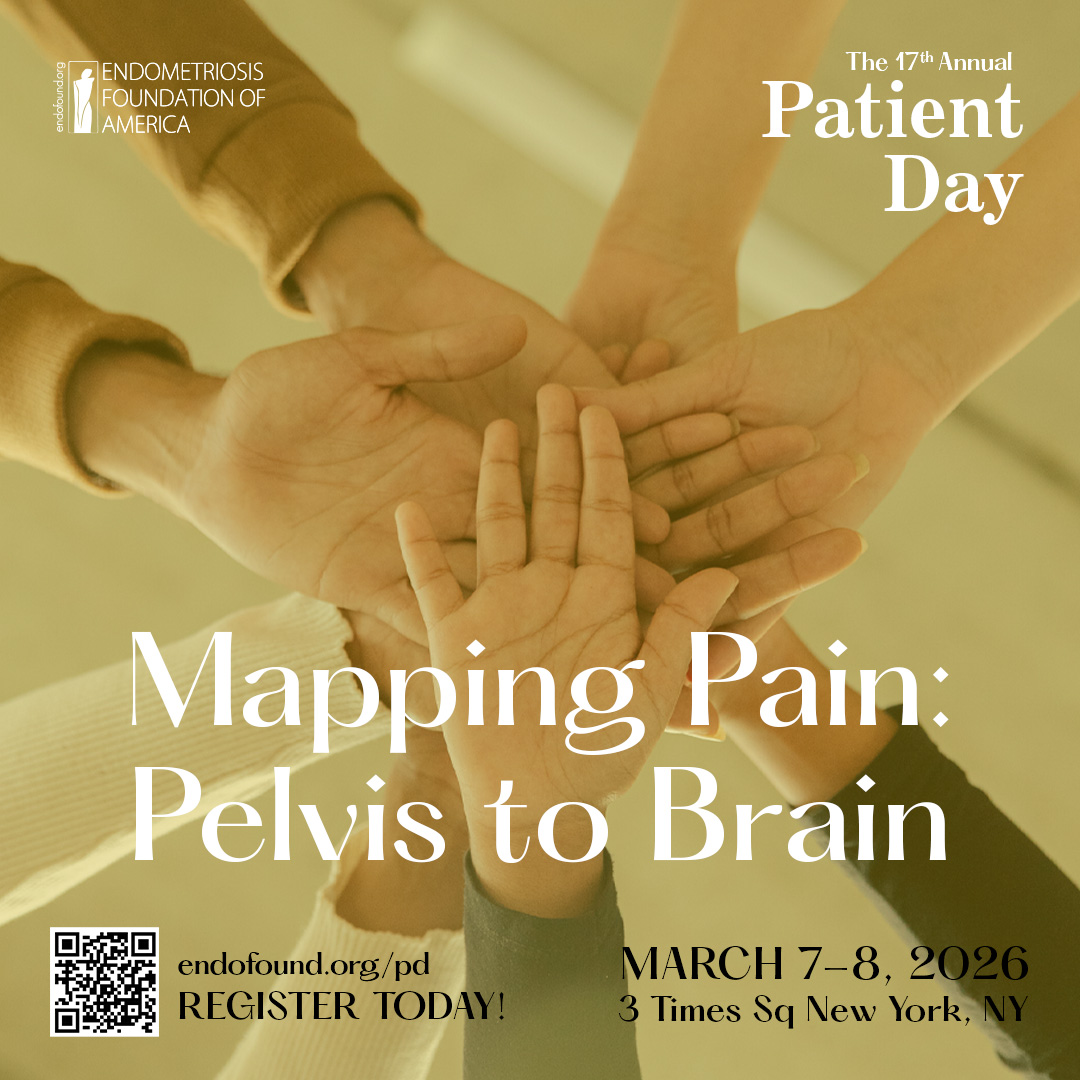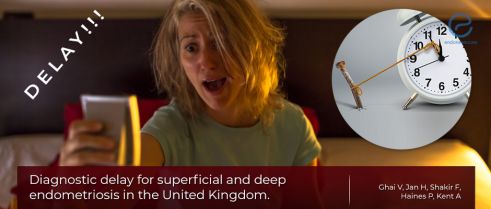Using social media to raise awareness for endometriosis
Can Facebook fan pages be useful tools to educate women and healthcare providers on endometriosis?
Key Points Lay Summary
Endometriosis and the quality of life
Planning a laparoscopy for an endometriotic patient needs to be precautious.
Key Points Lay Summary
Is there an association between endometriosis and sexual activity during menstruation ?
Sexual activities leading to orgasm seem to be effective in the formation of endometriosis
Key Points Lay Summary
Analysis of childless women with endometriosis
Dysfunctional beliefs about female identity influence the psychological health of childless endometriosis patients.
Key Points Lay Summary
How Long Does it Take to Be Diagnosed with Endometriosis?
How long do women have to wait before they are diagnosed with endometriosis and what are the factors that influence this?
Key Points Lay Summary
Patients preferences for the treatment of endometriosis-associated pain
Women with endometriosis prefer treatment options for the improvement of endometriosis-associated pain, ignoring treatment-related risks including hot flushes and bone fracture risks.
Key Points Lay Summary
MicroRNA Inhibitor as an Endometriosis treatment
miR-451a Inhibition Reduces Endometriosis Lesions in Mice
Key Points Lay Summary

